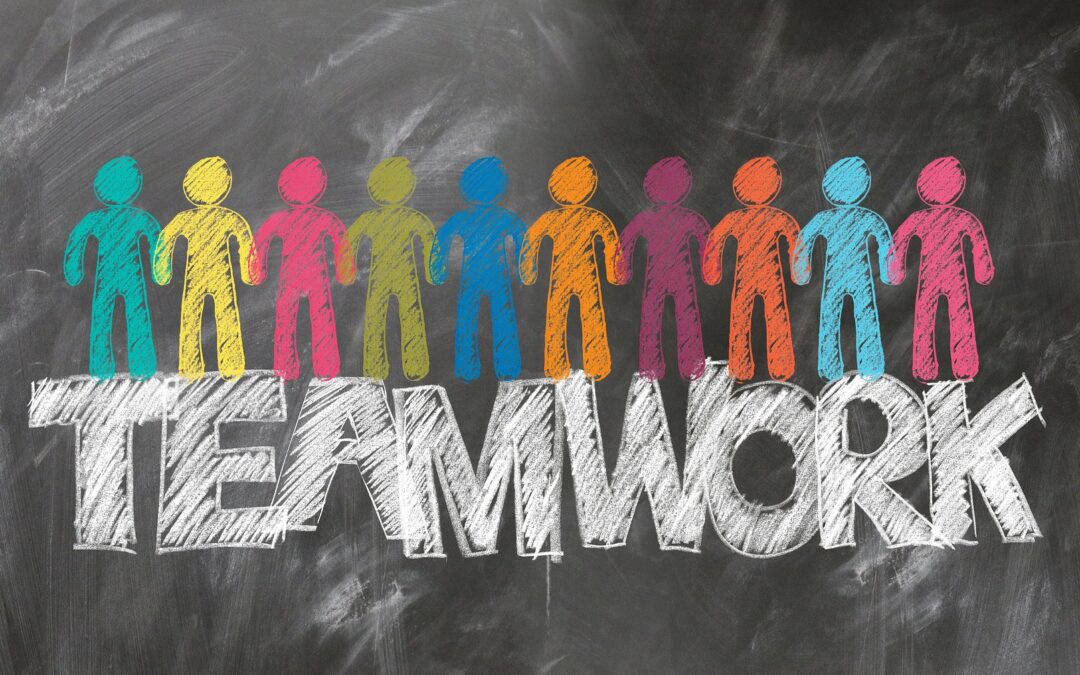Building and developing High-Performance Work Teams is increasingly becoming a strategic priority for organizations navigating the complexities of the modern business landscape. The evolution of work dynamics, driven by rapid technological advancements and shifting organizational designs, underscores the importance of adaptability, agility, and teamwork. We aim to explore the characteristics of developing High-Performance Work Teams by delving into efficient work practices, mutual respect, shared vision, and open communication. We will then outline strategies for developing such teams within the context of the changing work environment.
Characteristics of High-Performance Teams
Efficient Work Practices
High-Performance Work Teams are distinguished by their ability to thrive on two-way feedback, prioritize tasks effectively, engage in continuous learning, and balance immediate tasks with long-term objectives. These practices are foundational to their success, enabling them to respond to challenges with agility and resilience. Additionally, such teams cultivate an environment where innovation is encouraged, ensuring that they not only meet but often exceed their goals through constructive, targeted problem-solving and adaptability.
Mutual Respect Among Leaders and Team Members
Trust and respect serve as the cornerstone for developing High-Performance Work Teams. This mutual understanding fosters a positive work environment, encourages open dialogue, and facilitates collaborative problem-solving. Consequently, it paves the way for innovation and creative solutions, as team members feel safe and valued in contributing their ideas and perspectives.
Shared Vision
A clear and compelling shared vision motivates High-Performance Work Teams. Members understand their contribution to the organization’s goals, aligning their efforts to achieve collective success. This alignment ensures that every team member is working towards a common objective, contributing to the overall mission of the organization.
Open and Clear Communication
Effective communication is pivotal in developing High-Performance Work Teams. Clear, respectful exchanges, defined roles, and a sense of alignment and connection between managers and employees are vital for fostering an environment where information flows freely, and collaboration is encouraged. This foundation of open communication also ensures that challenges and obstacles are addressed promptly and efficiently, further enhancing the team’s ability to adapt and succeed in dynamic conditions.
Developing a High-Performance Work Team
Develops Team-Level Goals
Setting team-level goals is a critical step in developing High-Performance Work Teams. Engaging team members in the goal-setting process enhances buy-in and ownership, aligning individual efforts with the team’s objectives. This collective approach not only ensures that goals are relevant and achievable but also fosters a sense of unity and purpose among team members, driving them towards common achievements and accountability.
Gives Feedback on Team Goal Performance
Providing feedback specifically related to team performance can significantly improve the team’s output. It directs attention to collective achievements and areas for improvement, fostering a culture of continuous improvement. Such a practice strengthens the team’s cohesion, ensuring that every member feels valued and integral to the team’s success. Additionally, it creates an environment where feedback is not only accepted but actively sought, establishing a continuous loop of improvement, engagement, and communication within the team.
Provide Training in Teams
Training designed for teams, rather than individuals, is more effective in improving teamwork and collaborative skills. It fosters a deeper understanding among team members, enhancing communication, decision-making, and overall team performance. Additionally, this collective approach to learning and development nurtures a shared sense of purpose and accountability, driving teams toward achieving their common goals with greater synergy and effectiveness.
Identify the Unique Needs of the Teams in Your Organization
Every team has unique dynamics and challenges. Identifying these through team effectiveness surveys can provide valuable insights for targeted development and support, fostering a culture that promotes teamwork and collective success. Recognizing and addressing these unique aspects enables organizations to tailor their approaches, ensuring each team’s distinctive needs are met and their potential fully realized.
In an era marked by rapid change and complexity, developing High-Performance Work Teams to be sustainable is more critical than ever. Such teams are the engines of innovation, adaptability, and resilience in organizations. By focusing on efficient work practices, fostering mutual respect, aligning around a shared vision, ensuring open communication, and implementing strategic development initiatives, organizations can unlock the full potential of their teams. This holistic approach not only enhances performance but also contributes to the long-term growth and sustainability of the organization in the face of evolving business challenges. Embracing this dynamic, companies position themselves at the forefront of their industries, ready to navigate the uncertainties of the future with confidence and strategic foresight.
The Dorsey Group can help unleash your team’s potential and power peak performance. For more information, contact us at www.TheDorseyGroup.org or (954) 629-5774.

